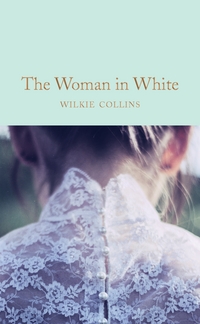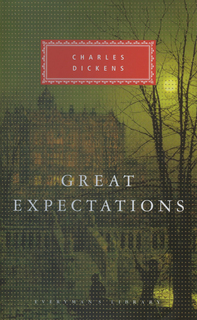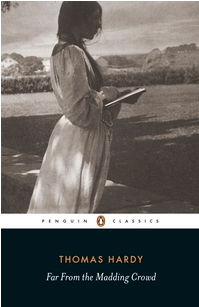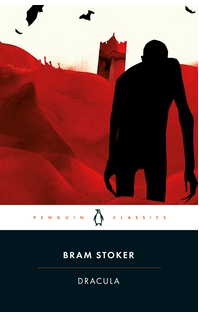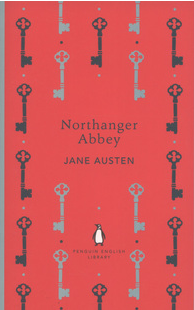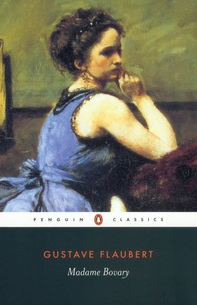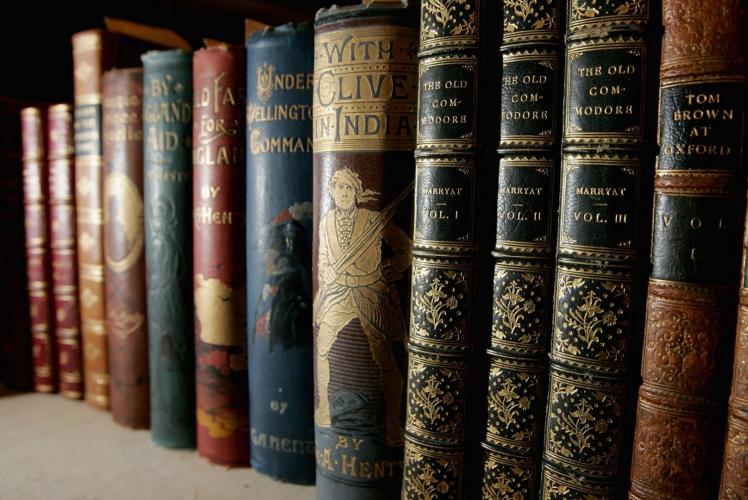
Memories from our school days of struggling through classic works of literature might make us reluctant to re-read them as adults. All that analysis can suck out the pleasure of reading the book. But, says our Fiction Librarian Tracey Woosley, re-visiting these books from a mature perspective, with some life experiences behind us, might make us see them in a completely different light.
In most cases, the classics are classics for a reason. And reading these beloved works brings so many benefits:
- They encourage us to focus and think deeply. Our 21st-century brains have short attention spans - our obsession with digital devices often causes us to skim the surface of what we're reading. You can't do that with the classics - you're forced to read them properly.
- Reading these books can be a very mindful process, something we all need today. As you slowly become absorbed in someone else’s life you can lose yourself in another time and place. This can be a welcome relief from the constant exposure to frequently toxic situations on social media or in the news.
- Through the classics we can engage with the best thinkers in history and learn about culture and society in context. We also gain a wider range of literary references, allowing us to shine in pub quiz teams...
- The complex language and issues may challenge us initially but allow us to flex our brain and improve our vocabulary, resulting in a more satisfying read. It's like the difference between fine dining and fast food - a little more effort and thought is involved but we get so much more from the experience.
- Character-driven novels help strengthen our personal ethics. We share the joys and sorrows of the characters we’ve become deeply invested in, through their struggles with love, death, and which bonnet to wear, and so deepen our understanding of the lives of others.
- Most importantly, you’ll enjoy a really good read - they’re classics for a reason! These novels are frequently re-told and adapted because at their heart they cover universal themes which we can all relate to and empathise with.
- And last but not least, once you've read them you’ll be perfectly qualified to judge if the latest film or Sunday night TV version is a worthy adaptation or not.
We share the joys and sorrows of the characters we’ve become deeply invested in, through their struggles with love, death, and which bonnet to wear.
As the writer Italo Calvino once said, ‘A classic is a book that has never finished what it has to say’. Bearing that in mind, it might be a good idea to give those classics of literature another chance.
Here are six of our favourites:
The Woman in White by Wilkie Collins
This mysterious tale of switched identities and lunatic asylums is one of the earliest examples of the modern psychological thriller. Full of twists and turns, it builds suspense right to the end. When originally published the book was thought to be so shocking that a contemporary critic warned that ‘the frequent and rapid recurrence of piquant situations and startling incidents' could lead to a decline in literary standards and corrupt society! In spite of this, or maybe because of it, the book has never been out of print since.
Great Expectations by Charles Dickens
Dickens was the voice of the Victorian social conscience, dedicated to revealing and removing social evil wherever he saw it. Having experienced poverty himself (as a child his father was held in a debtor’s prison) he writes with passion and empathy. This coming-of-age novel focuses on a young orphan named Pip as he struggles to improve his life. It is, admittedly, a huge brick of a book, but the reader is rewarded with a complex and beautifully written novel that shows us how many of the social issues in today's world were also a concern back then.
Far from the Madding Crowd by Thomas Hardy
Our heroine, Bathsheba Everdene, is in the unusual position for a woman of her time of being financially independent. She is also in the seemingly enviable position of having three suitors to choose from - but marrying will jeopardise her freedom, which is all the more precious given her financial status. Bathsheba’s situation (along with the tragedy of Fanny Robin, a young woman who dies in poverty during childbirth) highlights the precarious position of women regardless of their financial situation. Written at a time of great social upheaval, when long held beliefs were being challenged, this novel questions the necessity of living a moral life when tragedy may strike no matter how faultless our behaviour.
Dracula by Bram Stoker
In this ultimate struggle of good versus evil, Dracula is shown for the monster he truly is, rather than the charming, romantic hero often depicted in popular adaptations. As much as we think we know the story of the bloodthirsty Count, nothing comes close to the gruesome details of the original. From the slowly creeping terror of our hero Jonathon Harker, as he realises the horror of his situation, to the violent decapitation of a corpse in a graveyard it is a truly terrifying read. In spite of the gothic setting, the novel is given a contemporary feel by the reversal of gender expectations, as throughout the novel the vulnerable and emotional male characters are often at the mercy of sexually aggressive women.
Northanger Abbey by Jane Austen
Jane Austen's most amusing novel. Both a social satire on the marriage markets of the nineteenth century, and a warning to young ladies of the perils of reading too many novels. To add some excitement to her life, our naïve heroine Catherine imagines herself caught up in a mystery similar to the plot of one of the popular gothic novels of the time - but she's repeatedly disappointed. For example, on a journey with a family friend we learn that rather than the anticipated thrill of a possible attack by highwaymen, in fact ‘nothing more alarming occurred than a fear of having left her clogs behind at an inn…fortunately that proved to be groundless’.
Madame Bovary by Gustave Flaubert
Emma Bovary is a flawed and fascinating woman. Trapped in a loveless marriage, she tries to fill her disappointing life with a series of affairs and a serious shopping addiction. Bored of life and feeling her existence to be meaningless, she is unsure what she really wants ‘She wanted to die but she also wanted to live in Paris’. Although a victim of her times, and so completely reliant on men, it is her self-destructive behaviour and inability to accept her situation which leads to her eventual ruin. Labelled at the time as sexually explicit and morally offensive, this novel reveals the problems of a very ordinary marriage while highlighting the difference between romantic expectation and harsh reality.
We owe so much to the classics of literature. They have contributed to the style and themes of our current favourites, with today’s books written under the influence of generations of previous writers. It might even be time to move away from the slightly off-putting word ‘classic’ - a better term for these beautifully written little gems might be ‘treasures’.
It’s not just about the satisfaction of ticking them off your ’books to read before you die’ list - these are books that you’ll love!

